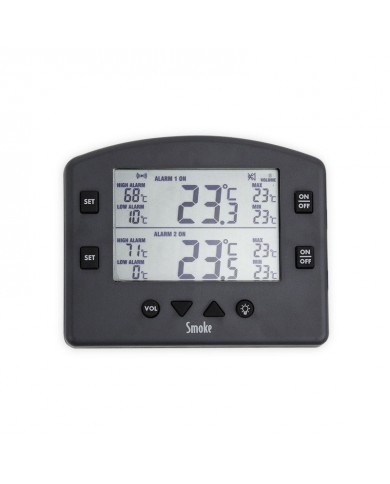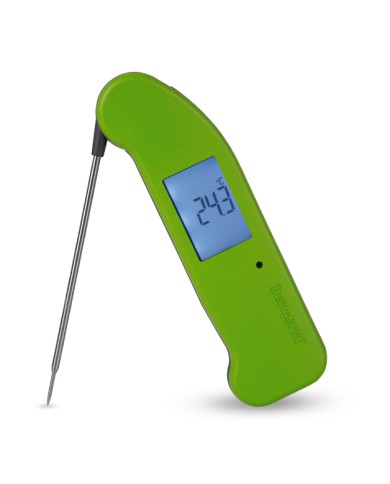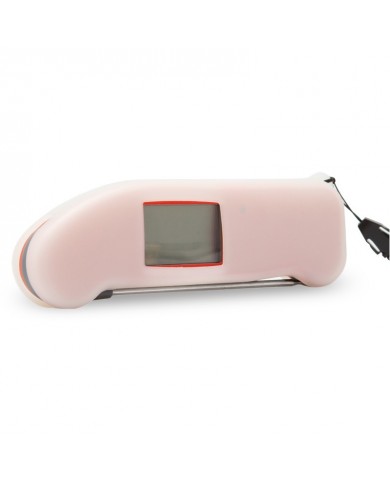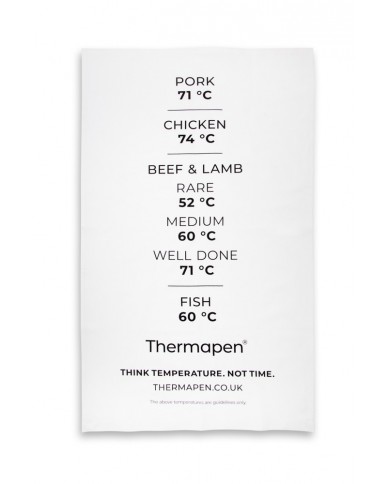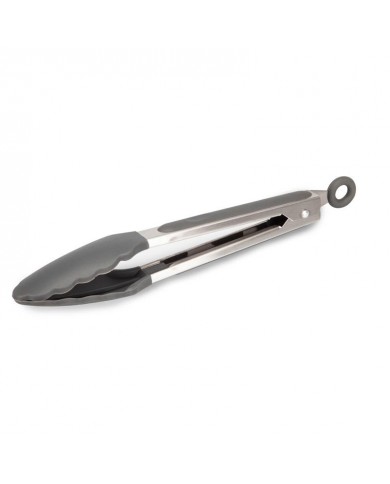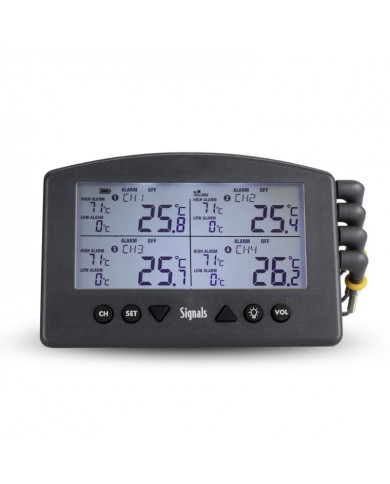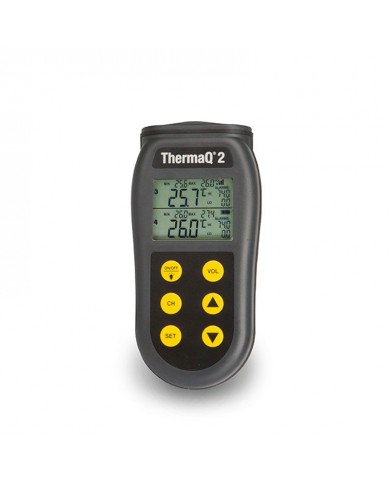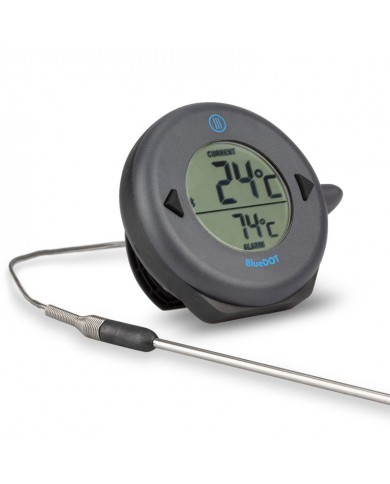Genevieve Taylor's 8 Tips For The Best National BBQ Week
- 21 Jun 2021
- Home , BBQ , Meat , Chefs , Tips, Advice & Info , Genevieve Taylor
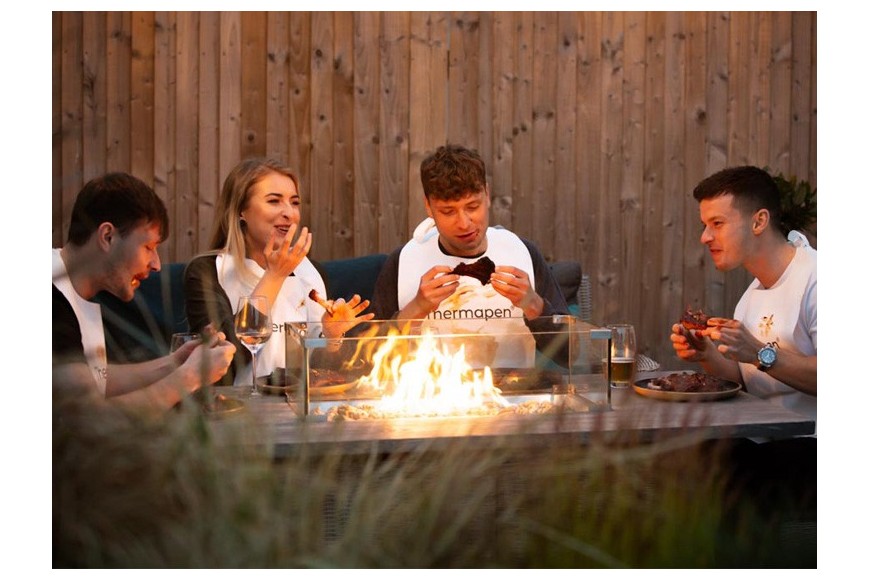
Tips 1-4
- In barbecue it’s important to cook to temperature not time. Forget precise timings and learn to adopt a ‘it’s done when it’s done’ attitude to cooking. Every fire you light will be slightly different to the one before – wind, air temperature, humidity all play a role – and so you need to roll a little with the variations.
- Consider your fuel as your number one ingredient and try to source the best quality you can find. I only use sustainable British charcoal for my barbecues – not only does it make my food taste the very best it can be, I know that the charcoal making process, when done sensitively, can have a myriad of positive environmental benefits. Good fuel makes good barbecue. Simple. My favourite charcoal is made by Whittle and Flame from timber sustainably harvested in Oxfordshire. It burns very clean and pure, allowing the flavours of my food to shine.
- Get yourself some ‘x-ray’ eyes – otherwise known as a temperature probe – to guarantee cooking success. I consider my Thermapen thermometer to be an absolutely essential bit of kit, it gives me total confidence that food is cooked to perfection and I wouldn’t dream of lighting my barbecue without one tucked in my pocket!
- Learn to create ‘heat zones’ for a more controlled approach to grilling. In the kitchen it’s easy to control temperature by turning the dial up and down, but with barbecue you need to think of the heat gradient working on a horizontal plane. Set a fire up on one side of the grill, and the further you move food away from that fire the more gently it will cook. ‘Direct’ cooking is where you cook food right above the fire, and ‘indirect’ cooking is where you cook to one side of the fire. In most cases I prefer to cook things slightly indirectly, cooking more gently for a little longer gives you a juicier end result.
Tips 5-8
- I’m a big fan of salting – or dry brining – meat to tenderise and increase juiciness, and I have got into the habit of doing it with all the meat I cook regardless of type or cut. Salt denatures the bonds between muscle protein fibres meaning when the meat hits the grill they can’t contract up as much, therefore less water gets squeezed out on cooking. Simply sprinkle meat all over with flaky sea salt (using about a tablespoon per kilo) and rest on a rack hung over a tray. Slide into the fridge uncovered and leave for up to 24 hours before cooking. Even a couple of hours would help.
- Marinating is another great way to increase tenderness. Acids like vinegars, citrus juice or yogurt, and certain fruits like kiwi, pineapple or papaya all contain protein-digesting enzymes that soften and tenderise the meat before cooking.
- Barbecued fish is a real treat – nothing quite transports you to memories of happy holidays than the delicious smell of a fish on the grill. The trick to cooking fish is to grill hot and fast, and use super clean grill bars to prevent too much sticking. A fish cage is also useful and a Thermapen thermometer is a very valuable bit of kit to check for doneness. Fish is a delicate protein, that is prone to over cooking. Again, temperature is the best guarantee for perfection.
- The key to a relaxed barbecue is to get organised inside ahead of time. It sounds a bit ‘boy scout’ but the more prep – marinating, chopping, mixing dressings etc., you do ahead, the more chilled your party vibe will be. And on that note, barbecues are meant to be easy going affairs – have plenty of napkins on hand and get stuck in, this is not the time bring out your best cutlery! Be prepared to #EatMessy.
Products to help you achieve perfection
"Barbecuing doesn't need to be difficult when you have the right tools, so we're encouraging Brits to be #BBQBrave and challenge their cooking skills this summer."
Genevieve Taylor
Author & Live Fire Expert



